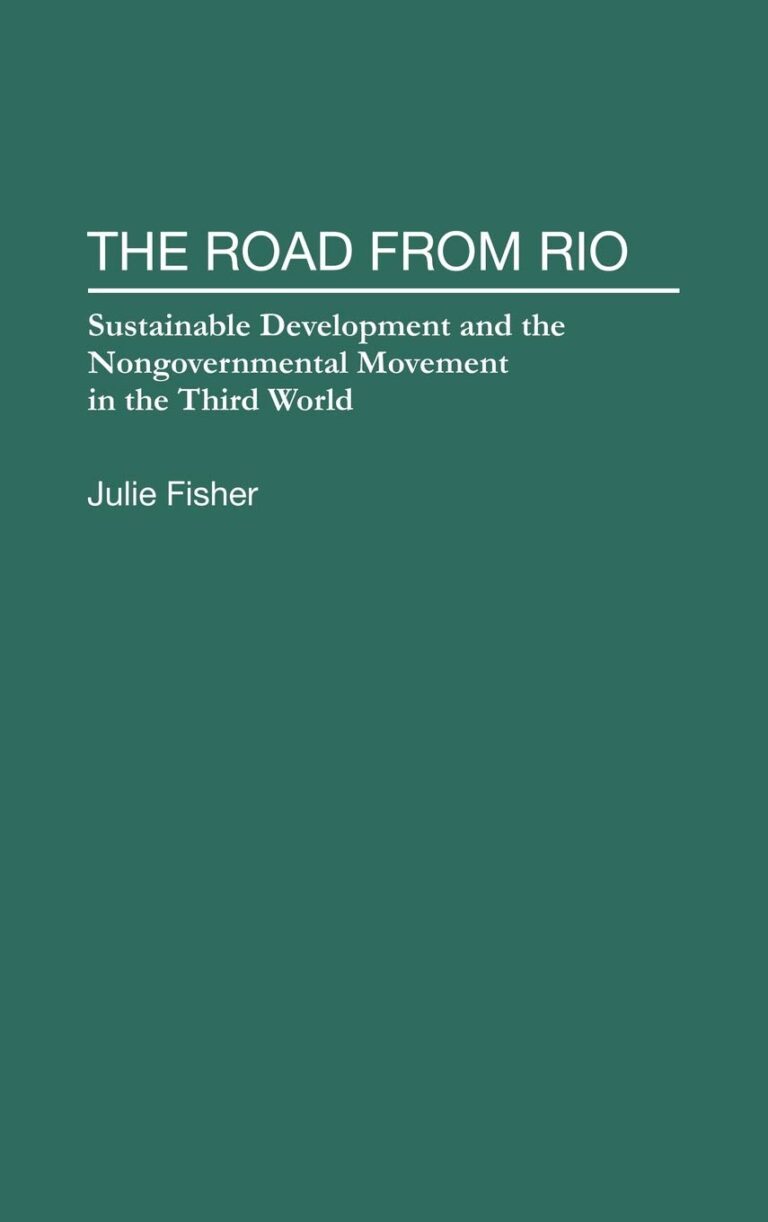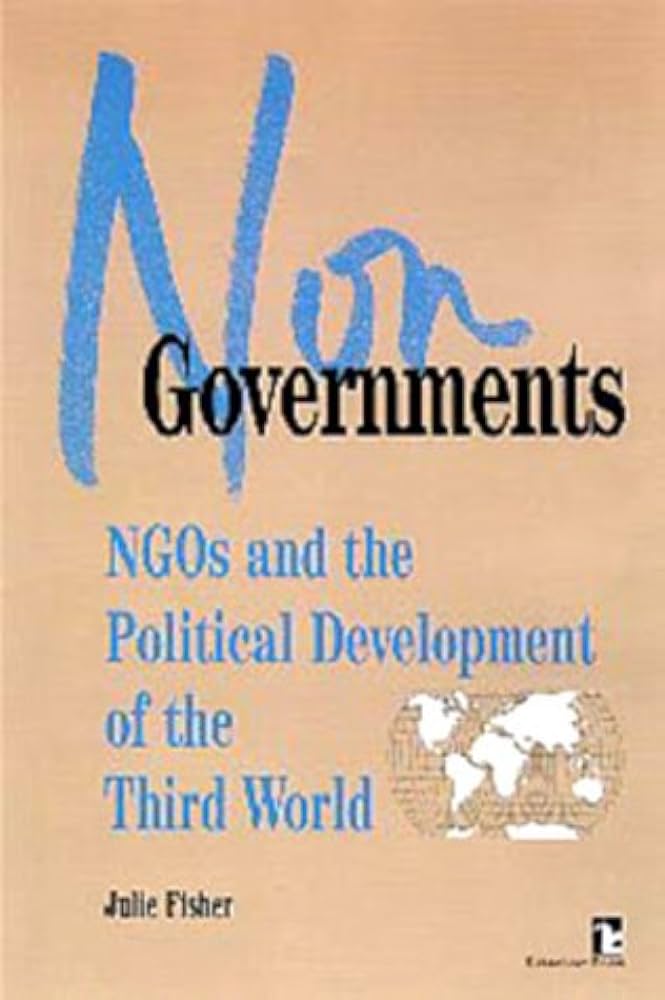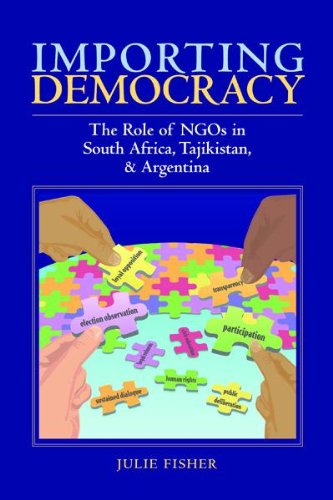Julie Fisher, PhD
Julie Fisher, PhD | Board Trustee | The Nature Conservancy
 A renowned and impactful voice on socio-economic, political, and international development across non-governmental organizations and other platforms, Julie Fisher Melton, Ph.D. is currently a member of the Board of Trustees for the Nature Conservancy in New Mexico. She actively conducts research on civil society, with an emphasis on democratization NGOs. She is the author of numerous academic articles and three published books, widely acclaimed, with the first two translated into Spanish and Chinese. The first, “The Road from Rio: Sustainable Development and the Nongovernmental Movement in the Third World” was published in 1993, followed by “Nongovernments,: NGOs and the Political Development of the Third World” in 1998, and “Importing Democracy: The Role of NGOs in South Africa, Tajikistan, & Argentina” in 2013. While preparing for her third book, which tackles the intersection of civil society and democracy, she traveled to each of the three countries, conducting 109 interviews and meetings with democratization NGOs; it took seven years to complete.
A renowned and impactful voice on socio-economic, political, and international development across non-governmental organizations and other platforms, Julie Fisher Melton, Ph.D. is currently a member of the Board of Trustees for the Nature Conservancy in New Mexico. She actively conducts research on civil society, with an emphasis on democratization NGOs. She is the author of numerous academic articles and three published books, widely acclaimed, with the first two translated into Spanish and Chinese. The first, “The Road from Rio: Sustainable Development and the Nongovernmental Movement in the Third World” was published in 1993, followed by “Nongovernments,: NGOs and the Political Development of the Third World” in 1998, and “Importing Democracy: The Role of NGOs in South Africa, Tajikistan, & Argentina” in 2013. While preparing for her third book, which tackles the intersection of civil society and democracy, she traveled to each of the three countries, conducting 109 interviews and meetings with democratization NGOs; it took seven years to complete.
“Because there is so much evil in the world, I am intellectually curious about why people do good,” Dr. Fisher Melton wrote on her website, Importing Democracy. “I am passionate about democracy, linked as it is to improved economic performance, increased equality, political stability, good governance, and the avoidance of war.” For 10 years, she was a program officer at the Kettering Foundation–a nonprofit think tank and operating foundation aimed at “inventive research focused on the needs of democracy worldwide.” In this role, she conducted research on deliberative democracy, managed other researchers, and taught a seminar for visiting international fellows. Previously, she taught comparative politics at Connecticut College, co-taught a course on “World Population” at the Yale Forestry School, and launched her career as a consultant for such organizations as Save the Children, Technoserve, and World Vision, both NGO partnerships between the developed and developing worlds and on microenterprise evaluation. After retirement, she served as a board member of the World Affairs Council of Maine.
Attributing her success to persistence and an unconventional approach, Dr. Fisher Melton credits her father, David Hawkins, for his influence on her intellectual development. During World War II, he served as J. Robert Oppenheimer’s assistant and later became a professor of philosophy of science at the University of Colorado. He consistently presented challenging ideas to her as she grew up, which significantly impacted her academic and professional growth. This led her to earn a Bachelor of Arts in international relations from Pomona College, graduating magna cum laude in 1963; she continued her education with a Master of Arts and a Doctor of Philosophy in international studies, with a focus on political science, from Johns Hopkins School of Advanced International Studies in 1965 and 1977.
Outside of her primary endeavors, Dr. Fisher Melton is a dedicated member of the International Society for Third Sector Research. She previously served as president of the Connecticut State Ethics Commission. Looking toward the future, she has begun to work on the connection between nature-based climate solutions and AI. She believes protecting humanity from the negative aspects of AI is only possible through developing positive alternatives.
Receive a complimentary e-book of "Importing Democracy" here:
Dr. Fisher's books are available at:



Get in touch
Site powered by Who’s Who Publishers
